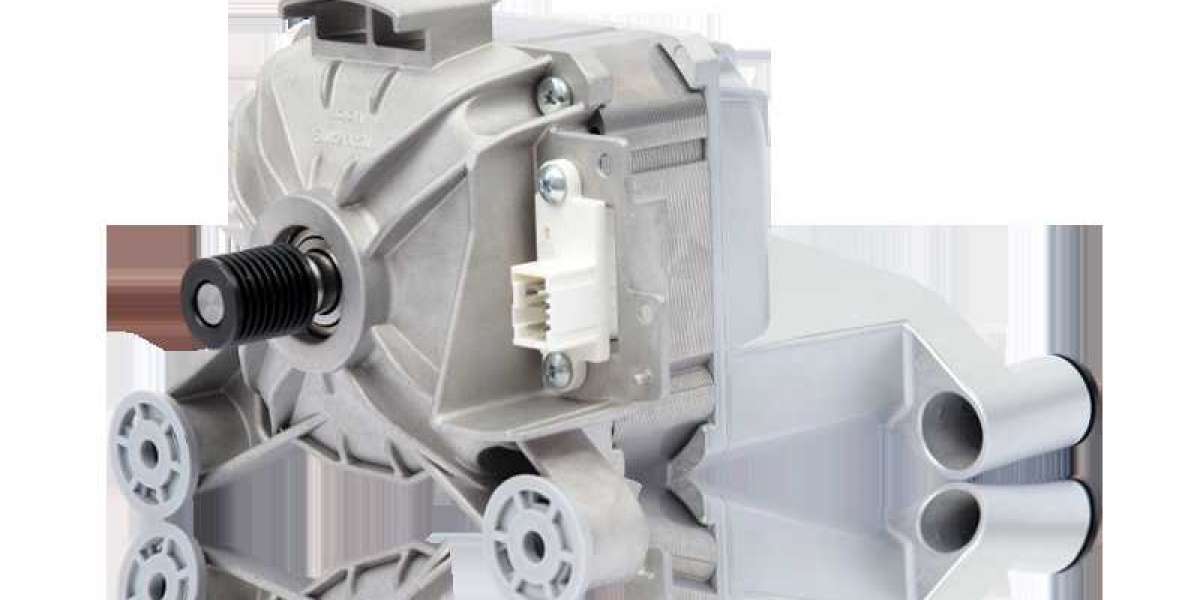The washing machine is often considered the workhorse of your home. In most houses, the washer is almost constantly working to get clothes clean.
The washing machine is often considered the workhorse of your home. In most houses, the washer is almost constantly working to get clothes clean. But while you might take your washer for granted, you'll definitely miss it if it starts failing you. Whether you're moving into your first home or you're replacing an older model, it's important that you get the right machine for your needs. Depending on the space in your home, your washing habits and your overall lifestyle, there may be a front-load washer that is ideal for you.
1. Front-load vs. top-load? That depends on how big your space is, says Steven Wallace, a Sears washer expert. For a small space, “front-loaders are good because you can stack the dryer on top.” Sears offers special stacking kits for each brand.
You should also consider the size of your family and the amount of water you’ll use, Wallace suggests. Front-loaders use about 21 gallons on average for a wash cycle, he says. New high-efficiency top-loaders use about 25 gallons, while old-school belt-drive top-loaders can use more than a whopping 40 gallons for a single load.
Keep in mind that although they use less water, front-loaders generally take longer to run through a regular wash cycle.
2. Does it matter how many loads I typically do? With today’s machines, Wallace says, you can do seven loads a week or seven loads a day. But, he says, “the average life of a washing machine is 10 to 15 years as long as you’re doing maintenance, cleaning the machine and not abusing it by overloading it.”
3. What features are most important to me? For families on the go, a smart washing machine that connects to your smartphone might make sense.
4. Stainless steel tub or plastic? While both work well, “the stainless is more durable, lasts longer and is easier to clean — but it’s a little more expensive,” Wallace explains.
5. What kind of warranties are available? Most manufacturers offer a one-year warranty. Some offer other warranties for various parts, Wallace says. For example, some carry a 10-year warranty for the outer tub or a lifetime warranty for the stainless steel inner baskets.
Washing machines are the most commonly used household appliances in homes, so purchase with caution, Click the Washer Motor Factory for extra Tips on Choosing the Right Washer for You and information of washing machine parts



